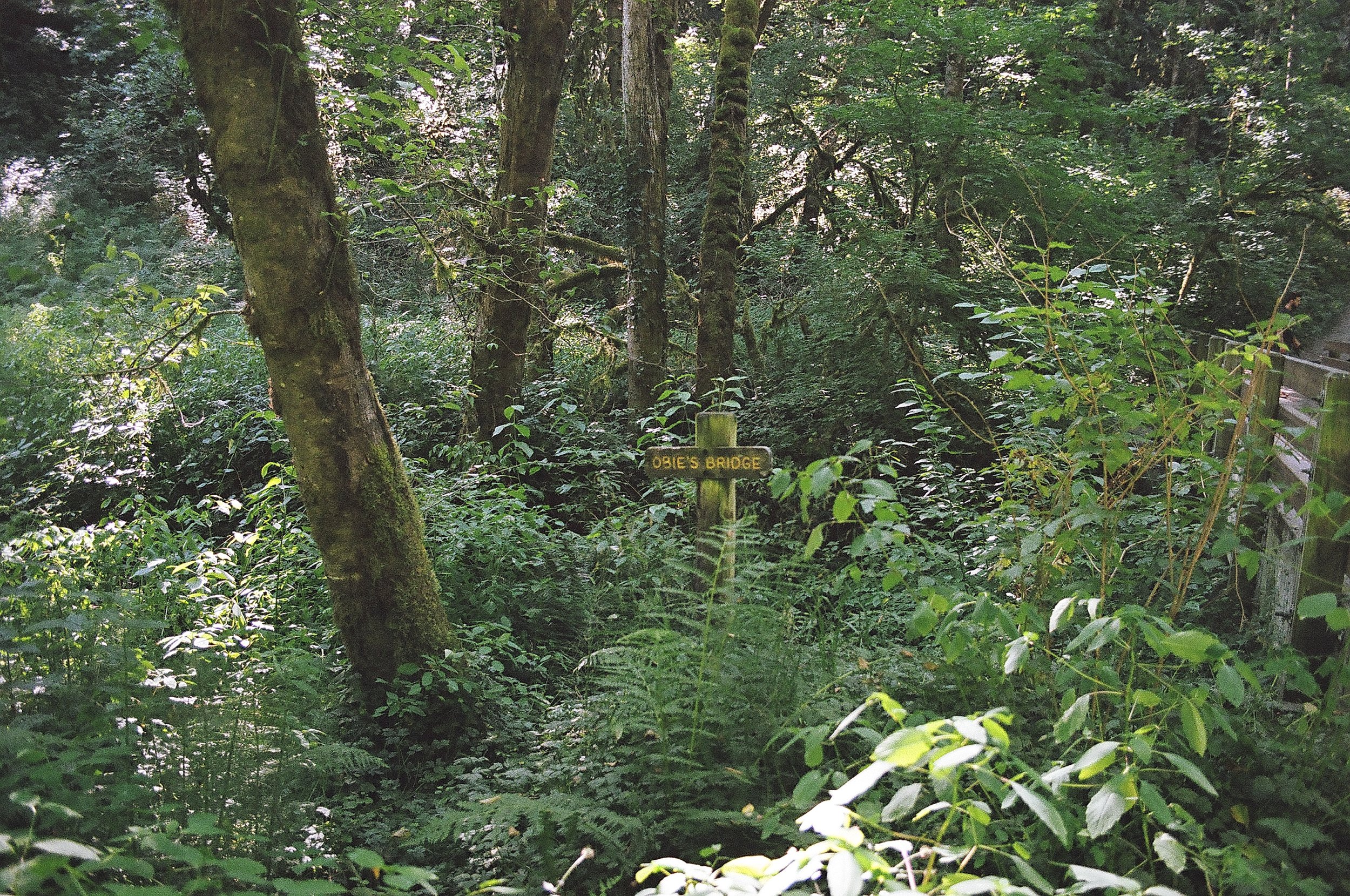He couldn’t remember why he was here. He’d left the house of his own accord—he remembered that. Something in the sheets. There was flesh and a hand grabbing and—his teeth gritted. His shoulders raised and broadened. He lumbered on. Something, something, there must be something to do, somewhere to go—No. He was here. He was here, he could not breath, and he needed water. There would never be enough. No matter if all his dreams were realized and every beautiful woman in the world loved him—No. Even if he had her, again. There’d still be this thirst. He’d still be suffocating, no matter what.
He didn’t read the sign. Didn’t keep track of the trail, or which way he turned. He was deaf to the wind and blind to the leaves. He didn’t feel the long musket barrel of the mosquito bury into his neck. He didn’t feel some of the life leave him and carry to the insect. He could not breath. He needed water; where was she now? He knew. And then he forgot.
A cry broke his suffocation. A light breached his heavy eyelids. Little boys and little girls of every color splashed in green waters below. The cry came again, softer now. Water flashed in the sunlight. She that cried out loved the world. She was new to it, lost in it. She loved the mud at the river-bottom. It squashed between her toes and bubbled up over her feet. She loved the cool air that hovers at river-sides despite hot summer afternoons. It blew across her back and made the leaves rattle and dance. She loved it all, and she cried out for her love. And in all her love, she did not see the brooding animal atop the bridge. She did not know that she saved him.
Much of it was the same, and all of it was good. Every swollen fruit would redefine food for him. Every stand of hopeful eyes offered something exquisite, but he blew past all of them. There was something else to the stand on the end—some other element that made the fruit there glow. The selling-girl smiled at him with ancient eyes, though her skin was cream without a crease, some package unopened. She didn’t speak. She only motioned to the fruit on the table. As he glanced down, golden light arched into his eyes. He did not notice the rest of the market fade away. He didn’t see the clouds change shape and grow and elongate; he didn’t notice the sun transform. He picked up a peach, lofting it there. He looked back at the girl. She smiled politely, but just before her salesman’s grin he caught something else—was it a look of fear? No, he thought, it was a look of hunger. It had lingered there in her eyes just a second longer than she’d meant to, and he had caught it. Still—he paused the thought—lost again in the golden light. He was desperately thirsty, and only this peach—this one, alone—could satisfy his urge. He closed his eyes; his teeth tore at the skin. Golden juices flowed into his mouth, swarmed his gums. He’d never go home.
The old men that sat around the table now were not his people. His people were far away now. He’d fought with them, but those old men were still his people, and he loved them. They were the reason he could sit at this table now with his head held high and defend himself with no fear in his heart. The old men that sat around the table now ridiculed him. They shook their heads at his answers. “You better get ready, boy,” they said, “you better arm yourself, for you and your family, or they’re gonna git you.”
“Who is?” he asked.
“The criminals rushing into this country every night You gotta ready yourself so you’re the one on top.”
He laughed.
“Maybe I should.”
Shells fell and seared the dirt. The men that sat around the table had gotten up and were teaching him how to shoot. He found it all funny.
“Jesus, son you didn’t even hit the target.”
He shrugged his shoulders.
“I’m telling you boy you need to ready yourself. There’s a war coming.”
He handed over the pistol.
“Hasn’t found me yet.”
The old men sheathed their side-arms on their hips as they shook their heads. They didn’t know he didn’t care about winning. It wasn’t what he was looking for. He left them there, forgoing his weapon for a tree-frog. He knelt as it hopped across the creases in is hands. He smiled.
Behind him:
“Not much of a man there.”
“No sir-ee.”
Dogs slept between them. They found each other again in the morning. Her hand found his back and quelled his bad dreams. He sat up and pulled her toes. He kissed the dogs on their heads. She massaged his tired hands, kissed his eyelids. They rose slow. Dogs stretched; dogs grunted. Steamed water turned to coffee. No words were needed. None were said. He found her outside thinking, looking out over the world. Hills sunned themselves on the horizon. Little wetland trees shook themselves dry in the bright morning sun. There was time to read her face, to smell her skin; the air was still cool after all. He looked out and wondered what the morning looked like back home. He wondered if they’d see their people again. He knew that they could stay, or that they could go further—they could hide in tiny cabins under icy hills, could take shelter under quilts in Parisian studios—they could run forever. They never had to see anyone ever again. He wrapped his arms around her. Another thought struck his mind like a drummer’s mallet. It pounded and ebbed. He pulled her closer and worried as steam rose from their coffees and dissipated. He knew the world could take whomever it wanted.



